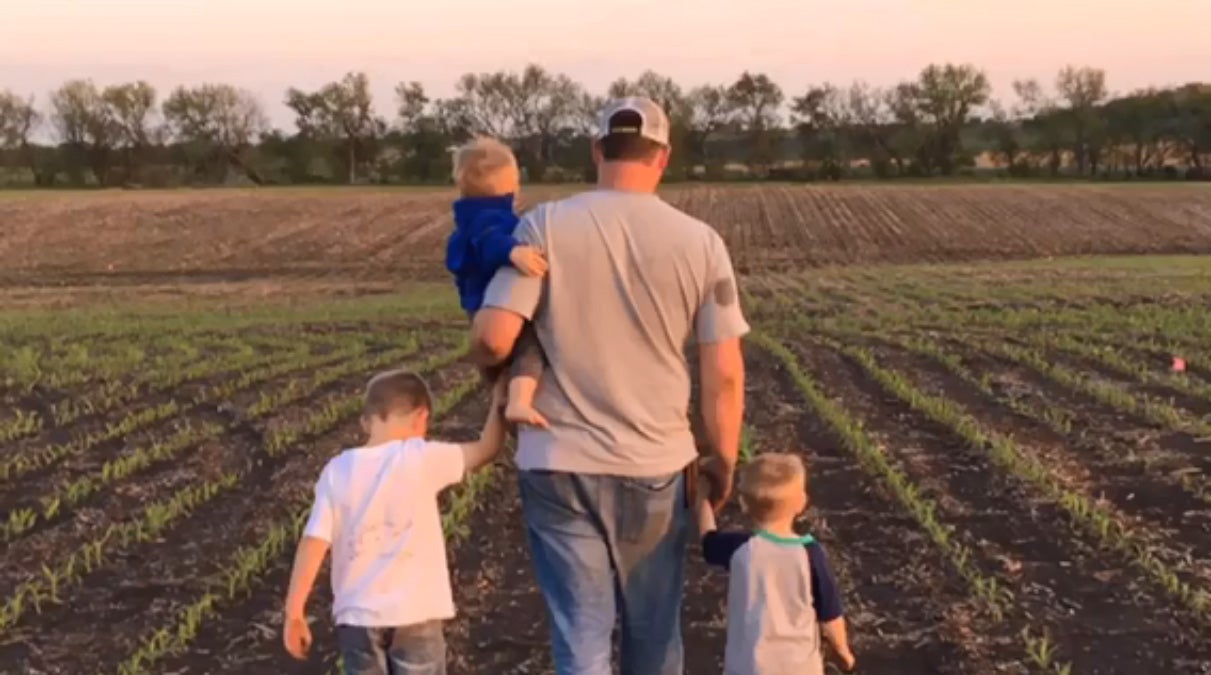From the Vine – Agriculture in Sampson County
go.ncsu.edu/readext?993045
en Español / em Português
El inglés es el idioma de control de esta página. En la medida en que haya algún conflicto entre la traducción al inglés y la traducción, el inglés prevalece.
Al hacer clic en el enlace de traducción se activa un servicio de traducción gratuito para convertir la página al español. Al igual que con cualquier traducción por Internet, la conversión no es sensible al contexto y puede que no traduzca el texto en su significado original. NC State Extension no garantiza la exactitud del texto traducido. Por favor, tenga en cuenta que algunas aplicaciones y/o servicios pueden no funcionar como se espera cuando se traducen.
Português
Inglês é o idioma de controle desta página. Na medida que haja algum conflito entre o texto original em Inglês e a tradução, o Inglês prevalece.
Ao clicar no link de tradução, um serviço gratuito de tradução será ativado para converter a página para o Português. Como em qualquer tradução pela internet, a conversão não é sensivel ao contexto e pode não ocorrer a tradução para o significado orginal. O serviço de Extensão da Carolina do Norte (NC State Extension) não garante a exatidão do texto traduzido. Por favor, observe que algumas funções ou serviços podem não funcionar como esperado após a tradução.
English
English is the controlling language of this page. To the extent there is any conflict between the English text and the translation, English controls.
Clicking on the translation link activates a free translation service to convert the page to Spanish. As with any Internet translation, the conversion is not context-sensitive and may not translate the text to its original meaning. NC State Extension does not guarantee the accuracy of the translated text. Please note that some applications and/or services may not function as expected when translated.
Collapse ▲Nestled in the coastal plains of North Carolina, Sampson County stands as a testament to the profound importance of agriculture in both its economy and its identity. With fertile soil, a temperate climate, rich agricultural heritage, and a determination to roll up your sleeves and get the job done, Sampson County plays a pivotal role in supplying not just North Carolina, but the nation and globe with an array of crops and commodities.
Agriculture serves as the economic backbone of Sampson County, generating significant revenue and providing employment opportunities for its residents. According to recent data from the Sampson County Economic Development Commission, agriculture contributes over $500 million annually to the county’s economy, representing a substantial portion of its GDP.
The county’s diverse agricultural landscape encompasses a wide range of crops, including soybeans, corn, cotton, tobacco, sweet potatoes, peanuts, and a variety of fruits, vegetables, and nuts. Additionally, Sampson County boasts a thriving livestock sector, with poultry and swine farming being particularly prominent. These agricultural enterprises not only sustain local livelihoods, but also support related industries such as food processing, transportation, and equipment manufacturing.
Beyond its economic significance, agriculture is deeply intertwined with the cultural fabric of Sampson County. For generations, farming has been more than just a livelihood; it’s a way of life passed down through families and communities. Many residents take pride in their agricultural heritage, celebrating traditions such as harvest festivals, livestock shows, ag-rallys, and ag-days that showcase the bounty of our agricultural industries.
Agriculture also fosters a sense of stewardship for the environment, as farmers work diligently to conserve natural resources and implement sustainable practices. From soil conservation initiatives to water management strategies, Sampson County farmers are dedicated to preserving the land for future generations while ensuring the continued productivity of their operations while offering the public access to safe and affordable food and fiber resources. As the agricultural landscape evolves with advancements in technology and shifting consumer preferences, Sampson County remains committed to nurturing the next generation of farmers and agribusiness professionals. Educational programs such as 4-H clubs and Future Farmers of America chapters, provide young people with valuable skills and knowledge to succeed in the agricultural sector. Additionally, partnerships between local schools, cooperative extension, NC State University and agricultural organizations offer opportunities for hands-on learning and career development in fields ranging from agronomy to agribusiness management.
As Sampson County looks to the future, the importance of agriculture in sustaining its prosperity cannot be overstated. By embracing innovation, preserving tradition, and investing in the next generation, the county is poised to remain a thriving agricultural hub for years to come. As the world grapples with challenges such as food security and environmental sustainability, Sampson County stands as a shining example of how agriculture can be a catalyst for economic growth, community resilience, and cultural vitality. In Sampson County, agriculture isn’t just an industry; it’s a way of life – a testament to the resilience, ingenuity, and enduring spirit of its people. As the fields of Sampson County continue to yield their bounty, they remind us all of the profound significance of the land and those who steward it.




